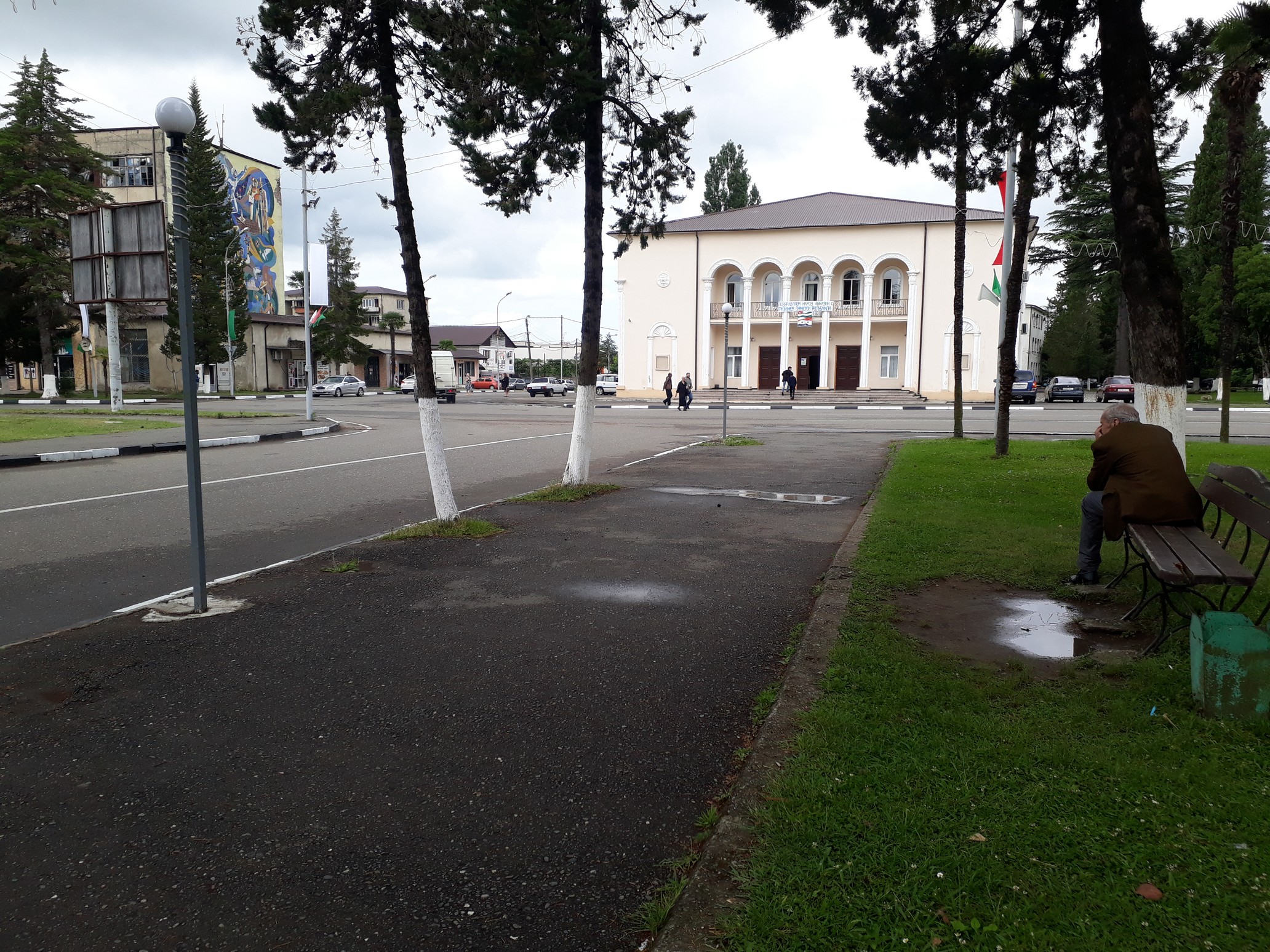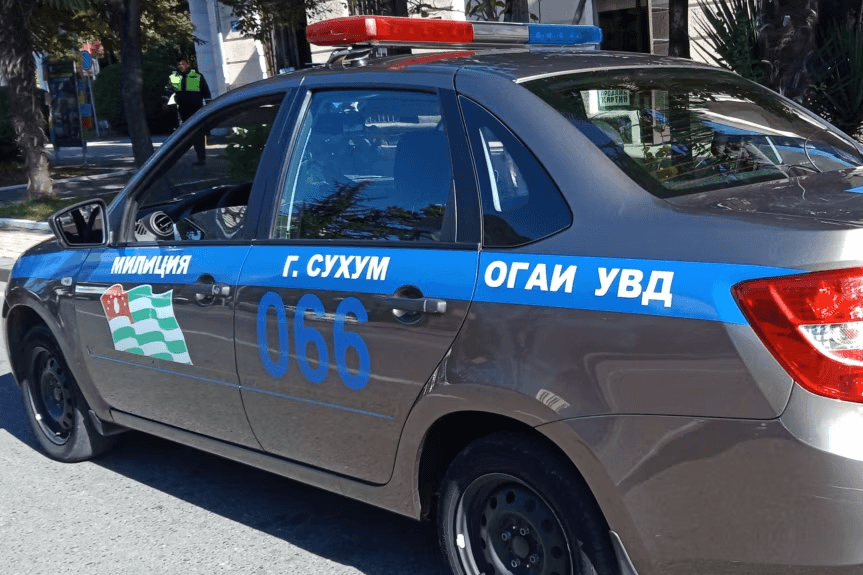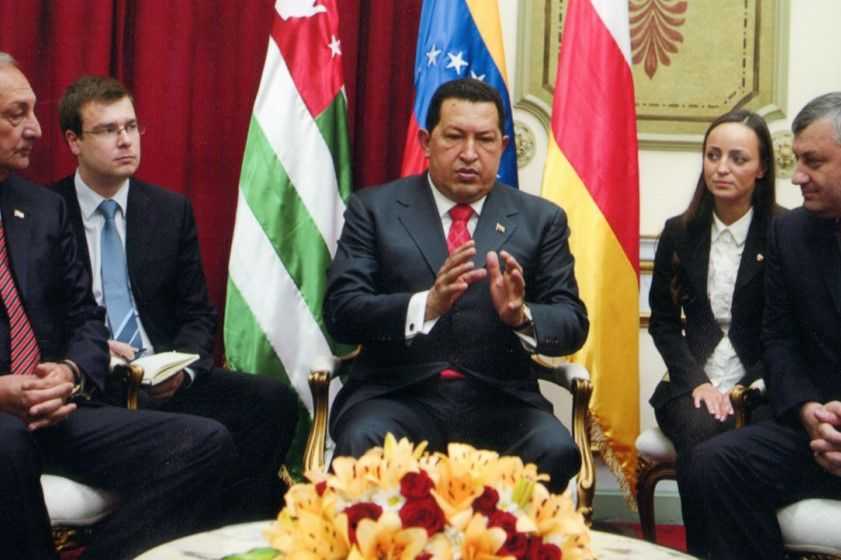

University applicants living in Abkhazia who were unable to take their entrance exams after the closure of the Enguri (Ingur) crossing will be admitted to without exams.
The Abkhazian authorities temporarily closed the only crossing that remains open between Abkhazia and Georgia’s western Samegrelo Region on 27 June, in response to anti-Russia protests in Tbilisi. As a consequence, many students living in Abkhazia who had applied to university in Georgia were unable to show up for their exams.
Some succeeded in circumventing the crossing and at least one sustained injuries from barbed wires.
The Abkhazian authorities said they closed the border because of ‘provocative mass demonstrations in Georgia, including in Zugdidi region, which also affected the statehood of the Republic of Abkhazia’.
Demonstrators have gathered outside the Georgian Parliament almost daily for over a month demanding that Interior Minister Giorgi Gakharia resign over the violent dispersal of protesters on 21 June.
[Read on OC Media: ‘5 violations by police during the Tbilisi clash’ and ‘Thousands clash with police as protesters try to storm Georgian Parliament’]
Georgia’s education programme for Abkhazia and South Ossetia
On Wednesday, Georgian Education Minister Mikheil Batiashvili announced that ‘every applicant who signed up and expressed a will to continue their studies’ but was ‘fully or partially deprived of this right’ would be enrolled in the programmes they had chosen.
Under a new programme developed by Georgia’s ministries of education and reconciliation, the state will also cover 100% of their tuition fees.
[Read our interview with Georgia’s State Minister of Reconciliation: ‘My reconciliation policy is not about just getting territories back. It’s about people’]
The Education Ministry told OC Media that 170 applicants from Abkhazia had registered for the exams.
In order to continue their education, students from Abkhazia enrolled under the new conditions will have to earn at least 60 academic credits in their first year or face expulsion.
The Education Ministry has also announced that they are working on new mechanisms to encourage prospective students living in Abkhazia and South Ossetia to apply, and said amendments to the Law on Higher Education would be implemented for the 2019–2020 academic year.
According to the Ministry, state coverage of university tuition fees, as well as coverage for university preparation courses for students from Abkhazia and South Ossetia, will continue next year.
For ease of reading, we choose not to use qualifiers such as ‘de facto’, ‘unrecognised’, or ‘partially recognised’ when discussing institutions or political positions within Abkhazia, Nagorno-Karabakh, and South Ossetia. This does not imply a position on their status.









